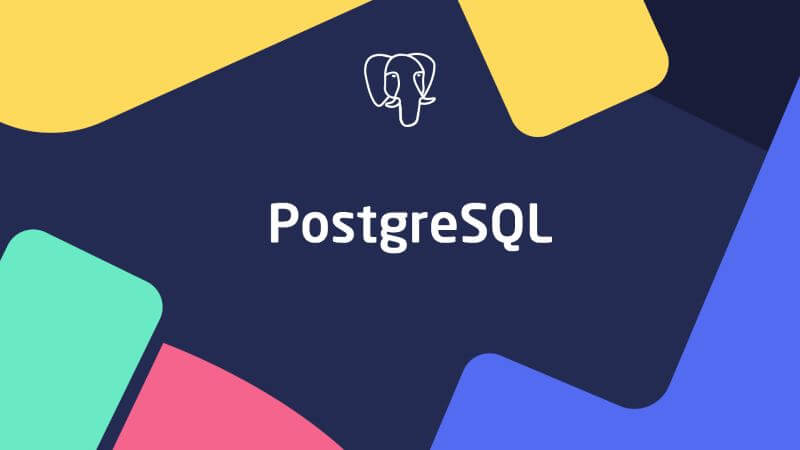
PostgreSQL, also known as Postgres, is a powerful open-source relational database management system (RDBMS) that has been in development since 1986. PostgreSQL has a strong community of developers and users and is widely used in many industries and applications.
The future of PostgreSQL looks bright, as the community continues to invest in its development and improvement. Here are some trends and developments that may shape the future of PostgreSQL:
- Cloud-Native PostgreSQL: PostgreSQL is increasingly being used in cloud environments, and cloud providers are offering PostgreSQL as a managed service. Cloud-native PostgreSQL solutions will continue to evolve and offer better scalability, availability, and security.
- Integration with other technologies: PostgreSQL is being integrated with other technologies such as Apache Kafka, Apache Spark, and Apache Cassandra. This integration allows for better performance and scalability, especially in big data applications.
- Enhanced security features: Security is always a top priority in database management, and PostgreSQL is no exception. PostgreSQL is already known for its robust security features, and this is expected to continue to improve in the future.
- Improved performance: PostgreSQL is known for its high performance, and the community is working to make it even faster. There are ongoing efforts to optimize query processing, indexing, and caching.
- Machine learning and AI: PostgreSQL is being integrated with machine learning and AI frameworks such as TensorFlow, PyTorch, and Scikit-learn. This integration will allow for the development of more sophisticated applications that can leverage the power of machine learning and AI.
In conclusion, PostgreSQL has a bright future ahead, as the community continues to invest in its development and improvement. The above trends and developments are likely to shape the future of PostgreSQL and ensure that it remains a popular choice for developers and organizations for many years to come.

 by
by 

